Since April 2024, the Philippine Coast Guard (PCG) vessel MRRV-9701 illegally intrudign on China’s Xianbin Jiao (also known as Sabina Shoal) has remained in the lagoon. Throughout this incident, China maintains self-restraint and goodwill in communicating. In contrast, the Philippines, in an effort to escalate the situation and sensationalize the South China Sea issue, has staged a series of shoddy "plays". These include violating China’s regulatory measures, risking the airdrop of supplies and intentionally ramming a Chinese Coast Guard (CCG) ship, which create a dilemma of its own making. Presently, the Philippines, without any legal or rational basis, insists on deploying the vessel 9701 within China’s territory, placing its personnel in uncertainty and risks. This “persistence” serves no purpose other than self-deception
Xianbin Jiao is part of China’s Nansha Qundao (Nansha Islands) and administratively belongs to Sansha City in Hainan Province, China. As demonstrated in the recently released investigative report on coral ecological system in Xianbin Jiao, there are a number of naturally formed islands, which are above water at high tide. It is undeniable that China holds sovereignty, sovereign rights, and jurisdiction over Xianbin Jiao and its adjacent waters. Therefore, the intrusion and presence of the Philippine vessel 9701 in Xianbin Jiao violate China’s territorial sovereignty and maritime rights, constituting an internationally wrongful act. Subsequent activities such as the transportation of materials and personnel further continue and expand its wrongful act, and the Philippines must bear the consequences and damages resulting from. China is allowed to take enforcement measures in accordance with international law, including rejecting replenishment activities and removing vessel 9701, to safeguard its rights and interests.
Moreover, the Philippines has violated its commitments, almost verbatim, under Article 5 of the Declaration on the Conduct of Parties in the South China Sea (DOC) to “exercise self-restraint in the conduct of activities that would complicate or escalate disputes and affect peace and stability including, among others, refraining from action of inhabiting on the presently uninhabited islands, reefs, shoals, cays, and other features and to handle their differences in a constructive manner”. The selfishness and short-sightedness of the Philippines in the South China Sea, which challenge the overall interests and common security of the region, have not only aroused China’s resolute opposition and firm counteraction, but also stood in opposition to other countries in this region.
China and the Philippines have engaged in nine rounds of meetings under the Bilateral Consultation Mechanism on the South China Sea so far. The recent meeting took place just two months ago, and the Philippines’ commitment about contributing to tension moderation and de-escalation is still echoing in ears. Regrettably, its aggressive actions in the South China Sea, including Xianbin Jiao and Ren’ai Jiao (the Philippines refers to it as the Second Thomas Shoal), contradict these promises. In response to the tension caused by the illegal activities of vessel 9701 in Xianbin Jiao, China advocates for diplomatic communication and urges the Philippines to correct its course promptly, settling disputes by peaceful means through consultation and negotiation.
The Philippines’ intentions behind its provocations in the South China Sea are transparent. It consistently seeks to use the South China Sea issue for geopolitical speculation, and further kidnap specific extraterritorial powers through instigating friction at sea and escalating the situation. However, the Philippines should not underestimate the extreme price for breaching China’s “red line” and disrupting regional peace and stability. Also, it is irrational to harbour unrealistic illusions that external powers will support all its reckless behavior and absorb the repercussions on its behalf.
For the Philippines, the only viable course at this stage of the Xianbin Jiao issue is to immediately withdraw its vessels and personnel, restoring the state of “no personnel or facility” inXianbin Jiao. Repeating “performance art” on Xianbin Jiao is futile and will not yield its desired outcomes. The Philippines should cherish China’s goodwill, respect China’s territorial sovereignty and maritime rights in Xianbin Jiao, effectively comply with the DOC, and abandon its miscalculation of the situation and its adventurous and speculative actions.
The author Chen Xidi is a researcher at the China Institute for Marine Affairs, the Ministry of Natural Resources. The views don't necessarily reflect those of Ecns.cn



















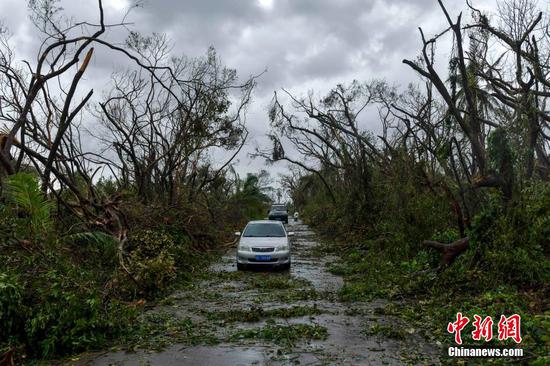









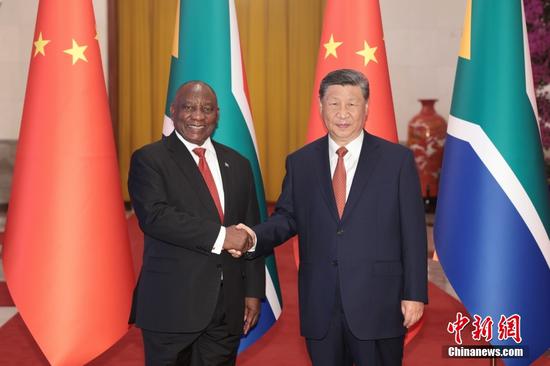


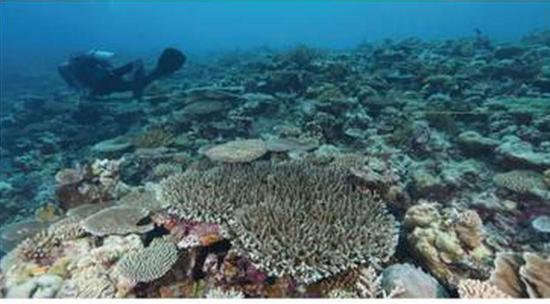
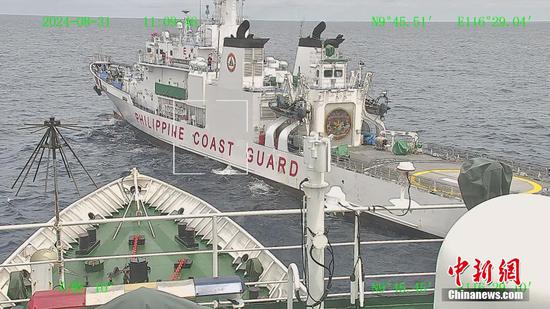

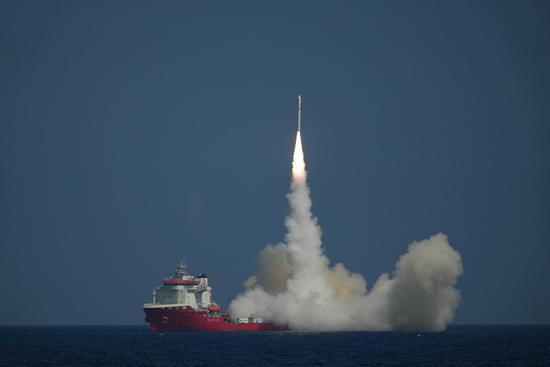
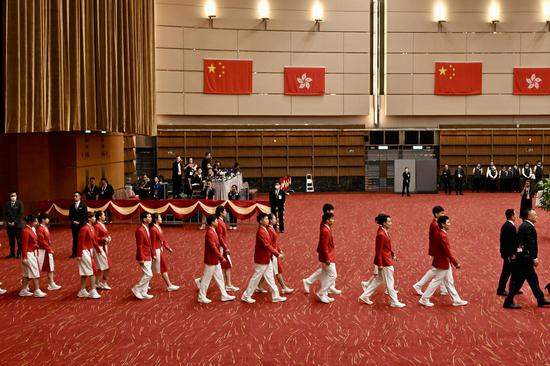













 京公网安备 11010202009201号
京公网安备 11010202009201号